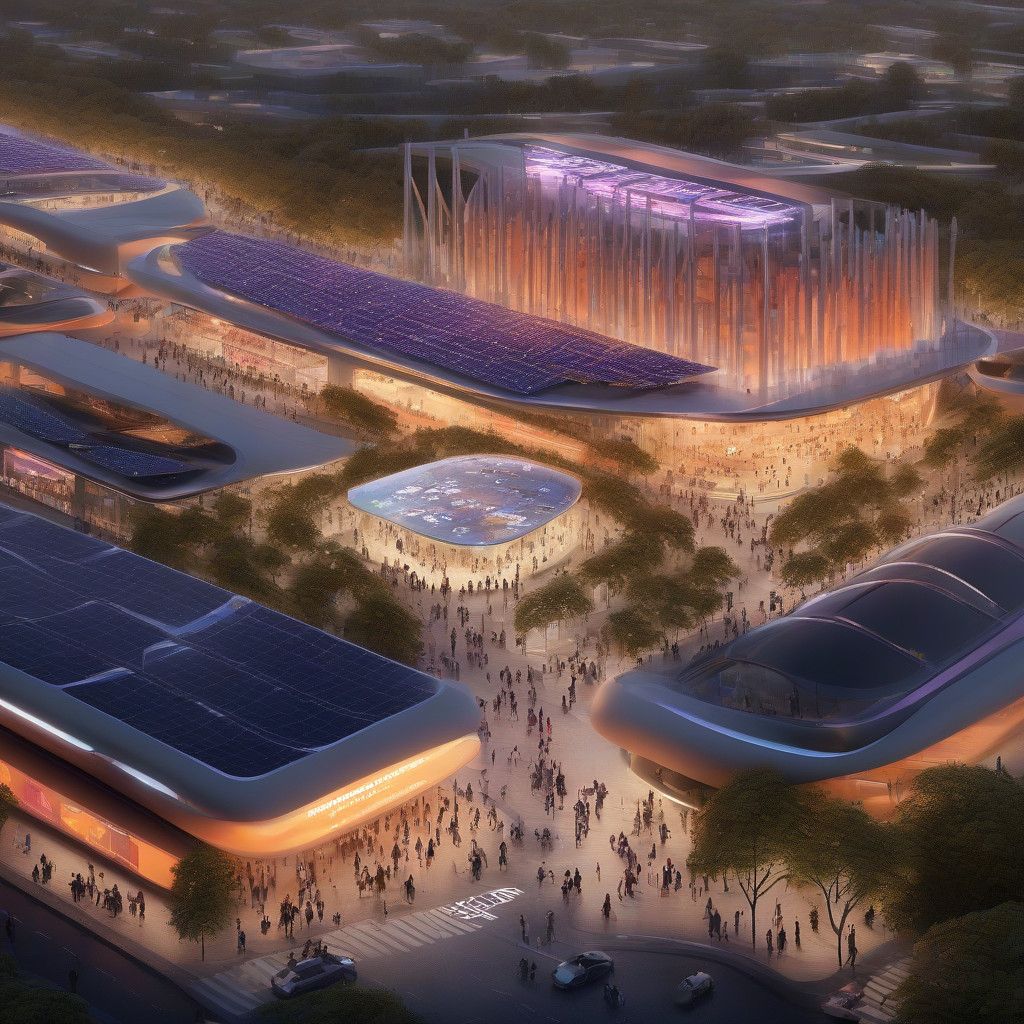The increasing demand for energy driven by advancements in artificial intelligence (AI) and cloud computing presents significant challenges to the pursuit of climate goals worldwide. As industries evolve, the thirst for electricity has surged, significantly impacting the environment and raising concerns among policymakers and environmentalists alike.
The rapid growth of AI and the expansion of cloud infrastructure are key contributors to soaring global electricity demand. According to various reports, data centers have emerged as the world’s voracious consumers of energy, with the United States, Europe, and Asia leading in electricity consumption. The construction and operation of these data centers predominantly rely on fossil fuels, an ironic twist given that the digital sector often champions sustainability.
In the United States, regions like Northern Virginia, home to numerous data center hubs, highlight this concerning trend. Utilities in these areas have been forced to extend the operational lifespan of fossil fuel plants and invest in new natural gas facilities. This reliance on gas marks a troubling return to carbon-intensive energy sources, a move that undermines ongoing efforts to achieve substantial decarbonization targets. Similar scenarios unfold in other countries, including Poland, Germany, and Malaysia. Here, coal remains a significant part of the energy mix due to limited renewable capacity, further complicating the global energy landscape.
Critics assert that the current measures being adopted—such as sourcing cleaner energy—are insufficient to offset the substantial carbon emissions generated by these industries. For instance, the ongoing increase in electricity consumption often outpaces the deployment of renewable energy solutions, raising serious questions about the effectiveness of these initiatives. According to industry analysts, while investments in advanced technologies like nuclear reactors and renewables are essential, they often face delays that prevent a swift transition from fossil fuels.
Natural gas has often been described as a cost-effective energy source, yet it poses its own challenges. Projections indicate that demand for natural gas in the U.S. could rise significantly over the coming years, leading to heightened emissions that would further impede the transition to cleaner energy alternatives. This reliance on natural gas not only complicates current practices but also poses significant threats to established climate targets.
Internationally, initiatives illustrate the urgency to address this issue. Azerbaijan’s “Digitalisation Day” at COP29 emphasized the need to harmonize digital growth with sustainability efforts. While many global data centers are aiming to implement greener practices, the slow integration of renewable energy into the grid raises concerns about prolonging reliance on fossil fuels and delaying necessary climate initiatives.
The situation necessitates a concerted effort from governments, corporations, and civil society. To counterbalance the rapidly growing energy demand, a robust strategy must focus on enhancing renewable energy capacity, improving energy efficiency in data centers, and incentivizing the use of sustainable infrastructure. Collaborative efforts between the tech industry and governments can pave the way for expedited transitions to renewable sources.
Investments in innovative technologies, such as energy storage systems and smart grid solutions, can further enable utilities to manage energy use more efficiently. By prioritizing the development of a sustainable energy infrastructure, stakeholders can ensure that digital advancement complements environmental sustainability rather than sabotaging it.
The ongoing discussion around energy demand and climate change serves as a reminder of the urgent need for sustainable practices in our digital future. Balancing the demands of a rapidly growing technological landscape with the objectives of emissions reduction and climate action will require a comprehensive, forward-thinking approach. As the digital world continues to expand, it is imperative that we prioritize a greener future, ensuring that our pursuit of progress does not come at the expense of the planet.











